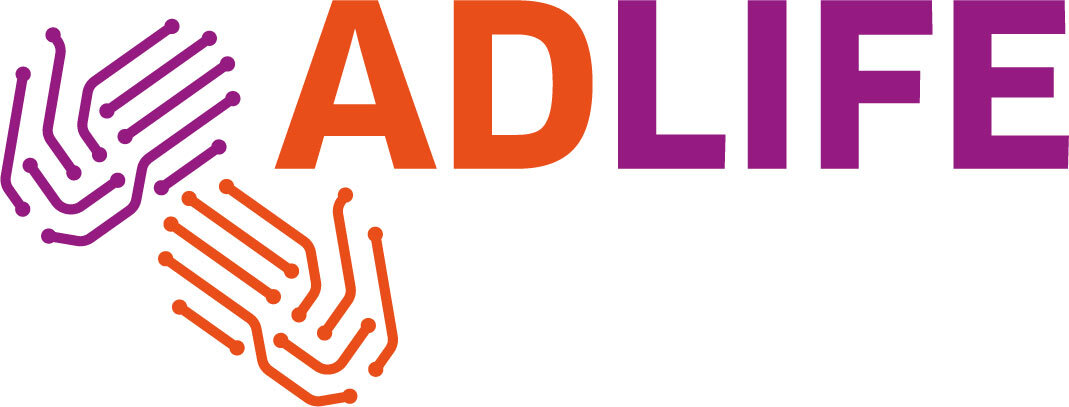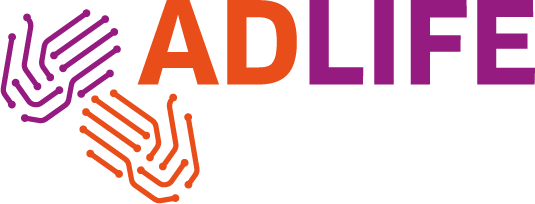Good guide for obtaining user content in digital health research & innovations
ADLIFE are delighted to share with our community a new CWA guide for obtaining user content for personal health information. Responding to the challenges of obtaining the most appropriate consent from individuals when piloting and evaluating digital health innovations or conducting research, this guide has been developed as good practice.
The guide was developed by the working group, Open DEI, chaired by Dipak Kalra from the European Institute for Innovation through Health Data (i~HD). Dipak plays a vital role in the data management of the ADLIFE project, working with colleagues on the data protection measures across the pilot sites and partners, including GDPR compliance.
———
ADLIFE is one of The European Commission‘s Large Scale Pilot (LSP) projects, because of the scale of our intended multi-country demonstration of our digital health innovations. The EC has funded several LSP projects and recognised that many of them will face similar challenges in implementing and scaling up their innovations. They therefore created a further project, Open DEI, as a support project to bring the LSP project members together in clusters on different topics, where they can share experiences and solutions with each other. This has proved a very successful way of supporting all of the LSP projects.
One of the working groups of Open DEI has focused on information governance and data protection, chaired by me on behalf of ADLIFE. One of the challenges that this working group identified early on is how best to phrase and collect the patient informed consent that is needed when patients are invited to test out a digital health innovation. This consent is quite different from the consent a patient might be asked to provide when participating in a clinical research project. The projects quickly identified that this was a common point of difficulty, but also that we each had some areas of expertise that others could learn from.
Rather than just sharing within the group, we decided collectively to create a guide to consent for digital health innovations that could be published. This would not only help our projects but would be a resource that future LSP and other digital innovation projects could benefit from.
One of our working group projects, Pharon, proposed that we might develop this guide as a collaboration with the main European health informatics standards body, CEN Technical Committee 251. One of the Pharon project partners is the German national standardisation body, DIN. Over the past year they have coordinated the development of our consent guide as a CEN Workshop Agreement, which is a recognised process that enables CEN experts (from the various European national standardisation bodies) and external experts (from our LSP projects) to work together to develop the guide.
We have worked together successfully over the past year to produce this guide, which has now been published by CEN. The guide is accessible to everybody for free.

